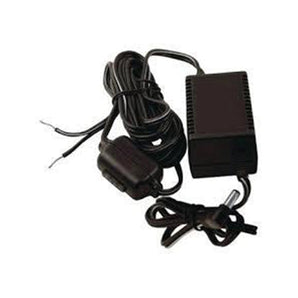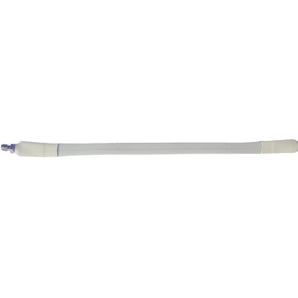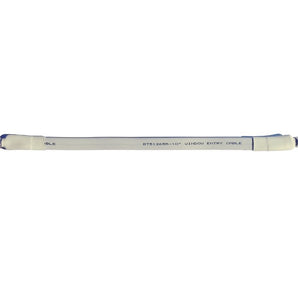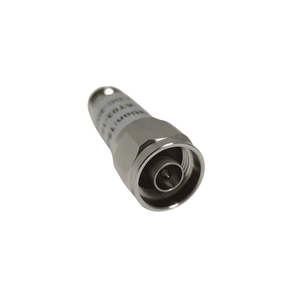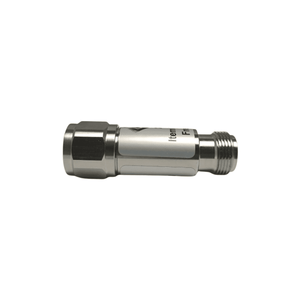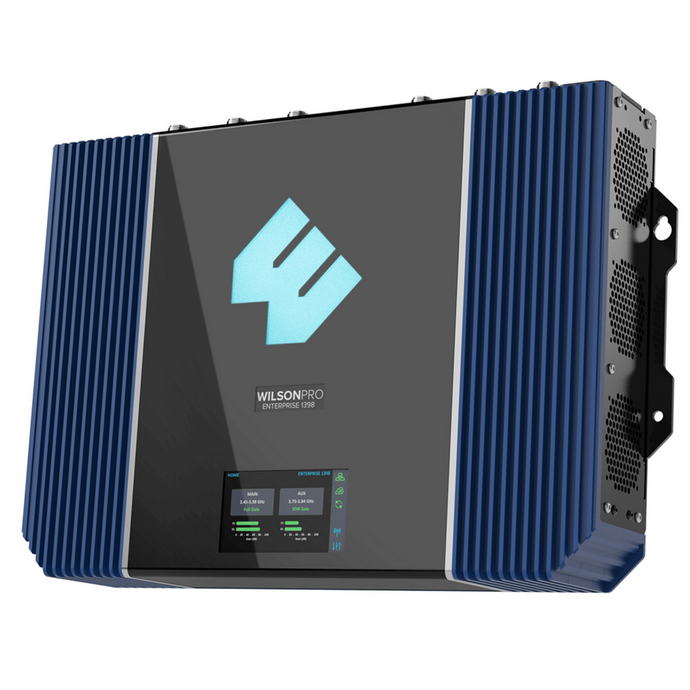
Leader In Innovative Cellular Booster Technology
In today's quickly emerging world, we continue to offer innovative solutions that enhance cell signals for all phones and cellular devices, on all South Arican Mobile Networks, for the next decade and beyond 5G.
At Bolton Technical we are working around the clock to launch the first 5G signal booster in the South African Market - Watch this space!
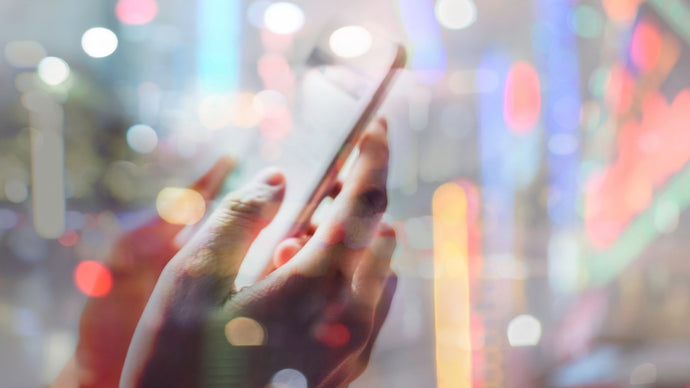
What is 5G?
5G is the latest generation of cellular networks. What makes 5G so exciting for so many people is its lightning-fast speed. It’s important to understand the coverage area of a 5G cell site is measured in meters instead of kilometers. Because of its limited range, 5G won’t replace 4G LTE; but it will provide faster speeds in metropolitan cities where 5G cell sites (or nodes) are more concentrated to provide adequate coverage.
These 5G nodes transmit cellular data at higher speeds, but again, only within a small signal area. To fill these coverage gaps, carriers will continue to broadcast 4G LTE signal for their subscribers using their existing cell tower network.
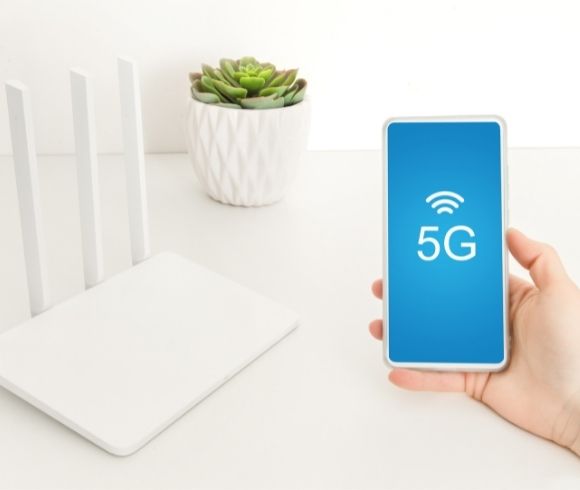
Benefits of 5G
Faster Data Speeds
5G will effectively provide fiber optic network speeds over a wireless network. Peaking at a 20 gigabit-per-second (Gbps) data speed, 5G makes it possible to download a movie in 3.6 seconds.
Improved Response Time
5G will dramatically reduce a lag known as latency on cellular devices. By cutting response time from 100s of milliseconds down to only a few, the real-time data transfer required by self-driving cars becomes a reality.
Supports More Devices
5G will satisfy the rising connection density demands of the Internet of Things (IoT). It’s expected to support 1 million devices per .38 sq. miles compared with 2,000 devices with 4G; rapidly growing our connected world.
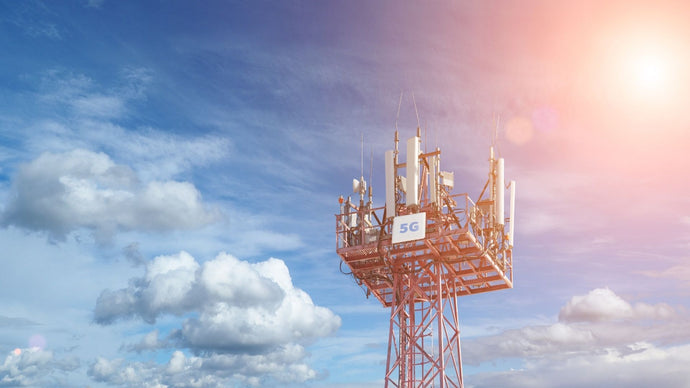
Is 5G safe?
5G is completely safe to use. We are committed to ensuring the safety of all our customers. 5G and other frequencies have been the subject of research for a number of years. The consistent conclusion of public health agencies and expert groups is that compliance with the international guidelines is protective for all persons (including children) against all established health risks.
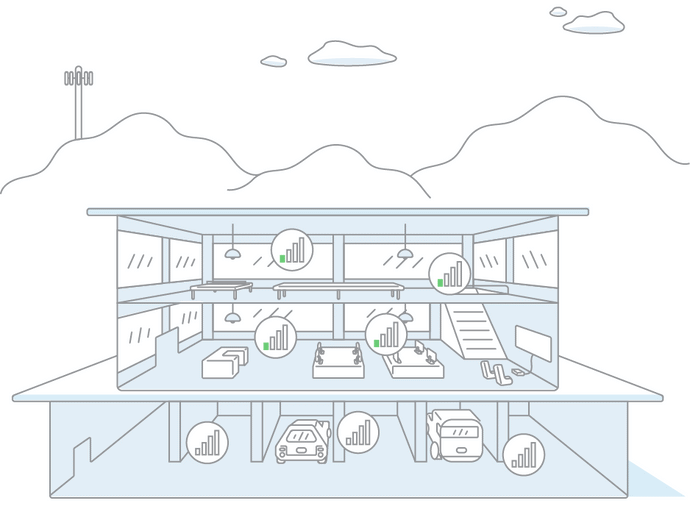
Will 5G make cell signal amplification obsolete?
As long as natural and man-made barriers to cellular signal exist, cell signal amplification technology will remain crucial to any future cellular network—regardless of latency or speed.
Given the higher frequencies of 5G, the physics of going through building materials like concrete, brick, metal, and energy-efficient glass will only worsen—further increasing cell signal decay.

If I buy one of your boosters today, will it still work when 5G is rolled out?
Yes. Since mobile network operators are planning to use the existing 4G LTE networks to carry the majority of cell service to consumers well into 2030 our current boosters will continue to work for years to come.
The 5G network is being built alongside today’s 4G LTE network and will rely on the 4G LTE network as part of its infrastructure.









